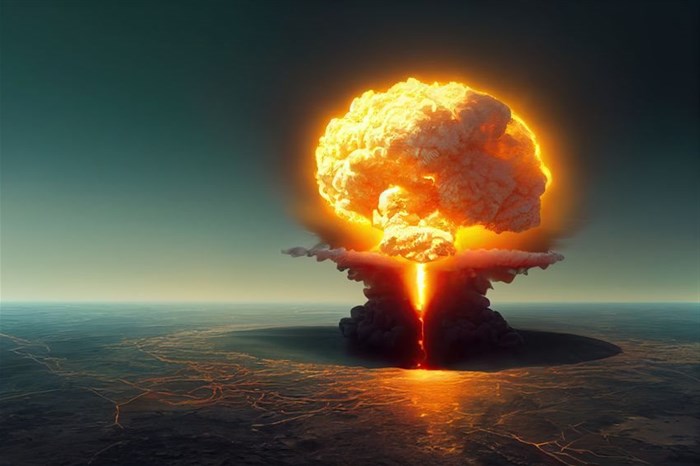
Top stories





Marketing & MediaBehind the campaign: Reframing fairness in ride-hailing: The inDrive success story
inDrive 6 hours

More news





















The seminar is co-hosted by the DIRCO, the International Campaign to Abolish Nuclear Weapons (ICAN) and the International Committee of the Red Cross (ICRC), and includes the participation of 37 African States.
The TPNW, according to the department, is a landmark agreement in the history of nuclear disarmament and represents the desire for Member States of the United Nations (UN) to rid the world of nuclear weapons.
TPNW intends to further stigmatise and delegitimise nuclear weapons based on the adverse and indefensible humanitarian consequences of their use.
The Treaty emphasises the humanitarian consequences of the use of such weapons.
“African States played a critical role during the open-ended working group on nuclear disarmament that culminated in the negotiation and adoption of the TPNW by the vast majority of UN Member States in July 2017.”
This is by the declaration of the Organisation of African Unity (OAU) as far back as 1964 for the Denuclearisation of Africa, and the establishment of the African Nuclear-Weapon-Free Zone Treaty, also known as the Pelindaba Treaty, adopted in 1997.
The TPNW and the Pelindaba Treaty express the prohibition of nuclear weapons on the African continent while supporting the continued use of nuclear technologies for peaceful uses that contributes to socio-economic development.
The African Regional Seminar will take stock of the TPNW from a regional perspective and consider the need for further progress towards universalisation of the Treaty on the continent.
“This will entail raising awareness about the TPNW, its importance for the African States, its place in the global and regional peace and security architecture as well as to highlight discussions about the risks posed by nuclear weapons and their catastrophic humanitarian consequences.”
Universalisation of the TPNW maximises the authority of the Treaty, strengthens its core norms and principles and underscores the de-legitimisation of nuclear weapons and nuclear deterrence.
Deputy Minister Botes stressed that: “For a majority of non-nuclear armed States, especially African States, the risks of the use of nuclear weapons and the scale of the humanitarian consequences that would follow, make nuclear disarmament an urgent priority. South Africa’s own experience has shown that neither the possession nor the pursuit of nuclear weapons can enhance international peace and security”.
According to Botes, the continued retention of nuclear weapons based on the perceived security interests of some States comes at the expense of the rest of humanity.
He said South Africa’s commitment to disarmament is based on the belief that international peace and security cannot be divorced from development.
“South Africa continues to play a leading role in organising the implementation of the Treaty and calls upon African States to sign and ratify the TPNW at the earliest possible opportunity and thus reassert Africa’s leadership in nuclear disarmament and contributing to international peace and security,” he added.
The Executive Director of ICAN, Beatrice Fihn, said: “By coming to Pretoria for this meeting, the States here are reinforcing their commitment to a world without nuclear weapons and providing needed leadership on nuclear disarmament at a time when, for the first time in many years, we are faced with the very real and deeply concerning the possibility of a nuclear weapon being used in conflict.”
Head of Pretoria Delegation of the ICRC, Jules Amoti, defined nuclear weapons as being one of the biggest threats to humanity.
“Their catastrophic humanitarian consequences for all life on our planet are today well-known, and so are the immense risks their continued existence entails. The complete elimination of nuclear weapons is an urgent humanitarian imperative, and for all those States that are party to the Non-Proliferation Treaty, it is also a legal duty,” he added.
SAnews.gov.za is a South African government news service, published by the Government Communication and Information System (GCIS). SAnews.gov.za (formerly BuaNews) was established to provide quick and easy access to articles and feature stories aimed at keeping the public informed about the implementation of government mandates.
Go to: http://www.sanews.gov.za